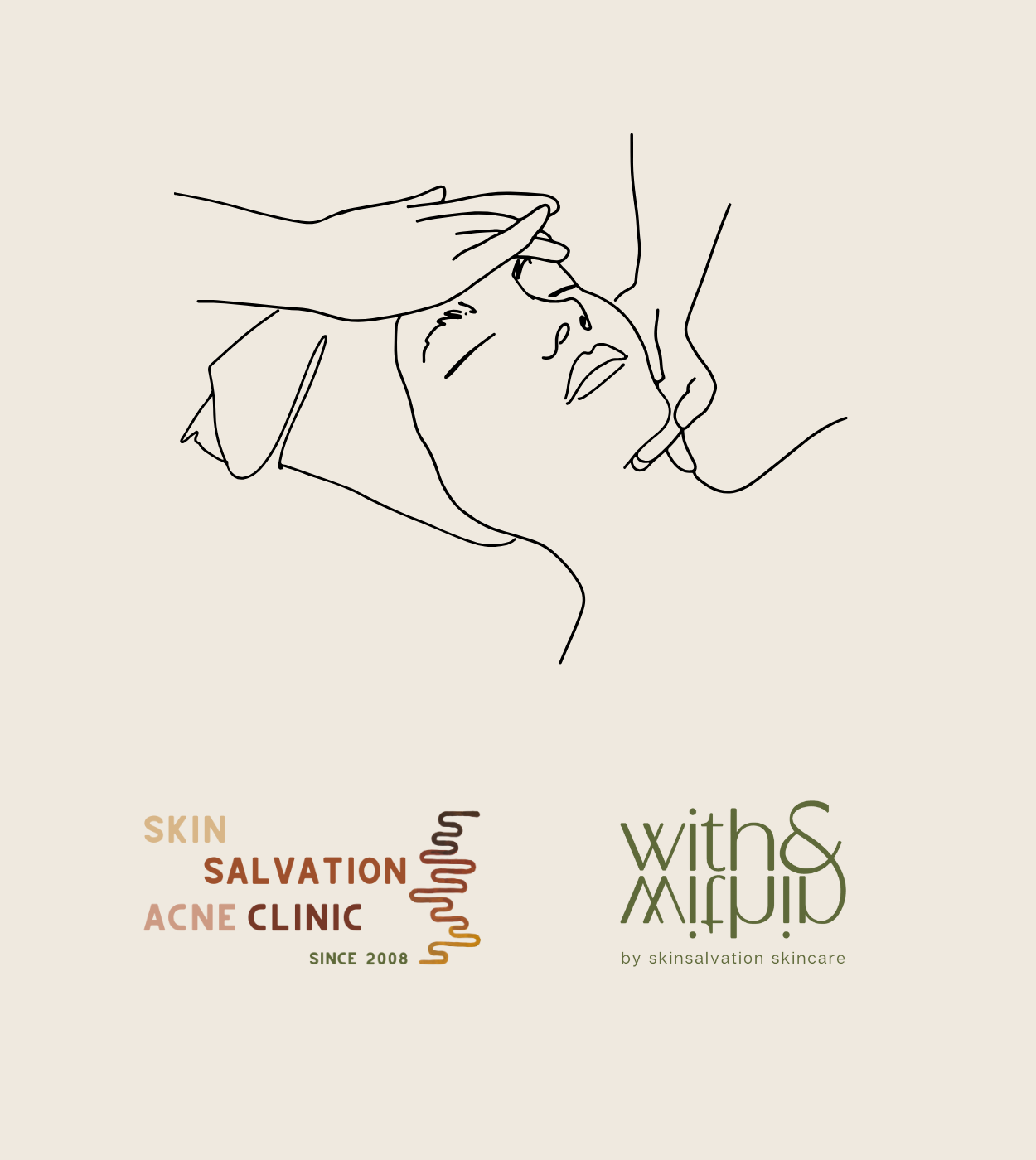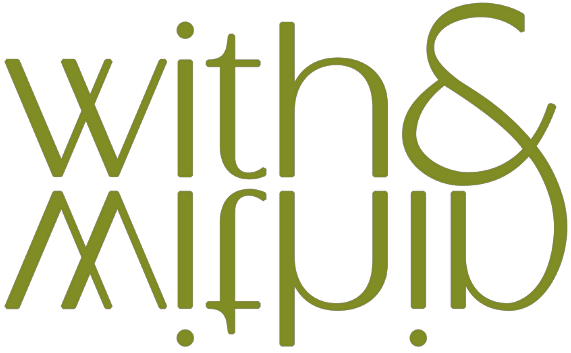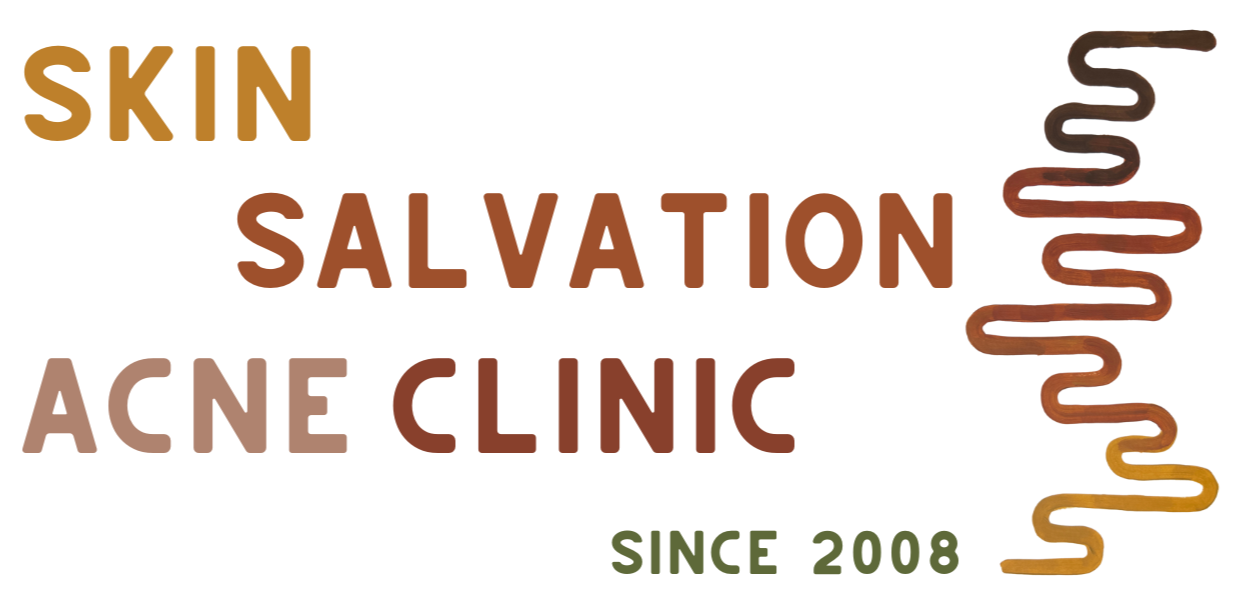
oil in, oil out. but is it acne-safe? - UPDATED JAN 2026

TOPICAL
with dr. fulton's comedogenic ingredient research, we know of some oils that are definitely topically comedogenic if used neat on the skin (meaning, used on their own directly on the skin), or mixed in with other ingredients in a skincare product. among many, these oils include coconut, avocado and soybean oils.
in our own research, we've found some oils are non-comedogenic when mixed into a product but not used on their own, like olive oil (in our sS lipbalm) and jojoba oil (in colorganic's lipsticks, which we sold for years). dr. fulton said that mineral oil (derived from petroleum, yuck!) is acne safe - but he also said that safflower and sunflower oils were, too. we tested this in-house, read on for the experiment results below!
oils are commonly found in..
you'll find most lip and mouthcare products - lip balm, lip stick, lip liner, and toothpaste - will contain some pore-clogging ingredient like coconut oil, cocoa butter, soybean oil, argan oil, or in toothpaste that's not an oil but still cloggy: carageenan.
the beloved argan oil of moroccan oil fame, has grown in popularity in the last couple of years, and is... definitely comedogenic. avoid it in all your products - hair, skincare, makeup - to stay your clearest!
oil pulling with coconut oil and the 'healthy eating' resurgence of paleo cooking with avocado oil has definitely made our clients break out, so watch out for these!
and don't get me started on oil cleansing. oil cleansing might be ok for those who are super dry, but definitely likely not safe for anyone even slightly acne-prone. these "cleansing" oils almost always have several comedogenic oils in them, clogging pores with each use. and putting more oil onto already naturally oily skin can result in breakouts even if the product is acne-safe, because it's simply just too much moisture for that particular person's skin.
ORALLY INGESTED
so we've got the topical side of things covered. but what about ingesting these oils - do they cause acne to form or increase inflammation internally? or both?!
coconut oil
we've had a ton of clients break out from coconut oil topically, but also it seems to inflame client's acne as well. non-inflamed acne clients who cleared up, tried cooking with coconut oil, and came back not only broken out, but with inflamed, cystic acne too. so not only are you breaking out around the mouth because it's passing through your lips while eating it, it also swells up the acne you already have. awesome!
soybean / vegetable oil
soybean oil is another clogger, which definitely induces acne internally; we see clients break out mostly in the lower half of the face with this one (along with regular tofu and soy sauce consumption), which likely has to do with the soybeans and the estrogen-mimicking compounds they contain, which throws off our own hormone levels. the fact that most soybeans used in this oil are GMO are a whole other topic!
ps - vegetable oil is almost always soybean oil based, or is often mixed with other inflammatory oils - click here to read more about this.
other vegetable oils
palm oil - we've seen it as part of some acne-safe formulations, but honestly haven't seen or tested it on enough people to say it's safe, but it doesn't seem to be terribly comedogenic (aside from the sourcing and refining ethics of it).
corn oil is often from gmo corn, high in inflammatory omega-6, and makes you more oily!
algae oil i would avoid, as iodine-induced acne can occur especially in those that already have preexisting thyroid imbalances, or are taking green powders in their smoothies/supplements.
different oils for different kinds of meals
we first learned about the oil comparison chart (available here) in 2014 from a naturopath we used to work with, but sadly the original post with the research behind the health facts has been taken down since then. i also found this post that shows the omega 6:3 ratios for low-inflammatory effects.
we did a bit of cross-referencing research with our acne expertise, and compiled a list below of (according to that first research post) the safest food-grade oil options for cooking - along with what uses they are best for (use cold like in salad dressings, or hot for stir-frying). i was honestly hoping to find one or two easy-to-find oils that would be great for both cold and hot applications, but unfortunately, like life, there isn't always an easy answer.
a screenshot of the cooking oil comparson chart, compiled by food blogger and whole food enthusiast andrew wilder, and andy bellatti, ms, rd
OK - WHAT ARE MY BEST OPTIONS?!
so with the above mentioned oil comparison chart cross-referenced with our acne-know-how, i've compiled a list of which oils are your healthiest best bets to buy for cooking at home. some of them we haven't tested yet for either topical comedogenicity, internal comedogenicity or inflammatory responses, and these are noted in blue.
these oils may not be the easiest to find in conventional grocery stores, and may require a trip to a health food store (like sf's rainbow grocery - which has a great bulk oil section, bulk stores re-up and the food mill or grocery great berkeley bowl in the east bay area, ca). and of course, the good old internet can help ship things to your door as well!
for cold cooking: like salads
- safflower (high oleic unrefined) - dr. fulton says is acne safe!
-
flax (unrefined) - high in anti-inflammatory omega-3
- - may go rancid quickly, even with refrigeration
- hazelnut (unrefined)
- hemp (unrefined) - should be acne-safe, since we used to carry a lipbalm which has it, but maybe is comedogenic if used neat? - contains GLA, the only omega-6 that is anti-inflammatory
- olive oil - buy it in tin cans or dark glass bottles, many counterfeits exist! - can be mildly comedogenic when eaten, but is the most widely used and easily available. i suggest cutting your salad greens into smaller pieces to make sure neater / less oily salad eating
for cooking (low and slow, like baking)
i usually skim the fat off the top of bone broths i make and use it for everyday cooking. (great for popcorn). to me it's the least processed, most natural oil to cook with.
- lard / pork fat / bacon fat
- duck fat
- chicken fat / schmaltz
- tallow / beef fat
for cooking (high heat, like sauteeing and stir-frying)
- macadamia - apparently has a long unrefrigerated shelf life - naturally processed (and tested safe)
- tea seed - not tea tree oil! (not yet tested for comedogenicity)
- pecan (not yet tested for comedogenicity)
- apricot kernel (refined, but comedogenic)
- hazelnut (refined, seemed to test safe)
- sunflower (high oleic refined, tested safe)
and others that have been generally rated healthy are cloggy (like almond, peanut, avocado oils) - so a definite no on those to avoid acne breakouts.
i did hold an experiment with my sS estheticians (back when we had 8 full time employees and were open 7 days a week!) replacing olive oil with safflower and sunflower oils in their daily lunch salads and we did notice a significant reduction in acne around their mouth, so there's definitely some proof in the pudding here. but if you're eating out and about, olive oil is going to be the easiest oil to find, so try to carefully avoid messy-eating those leafy green salads, maybe try cutting those greens a bit smaller. ;)
please let us know if you decide to guinea pig along with us, and what you've noticed - we'd love to hear. :) cheers!






